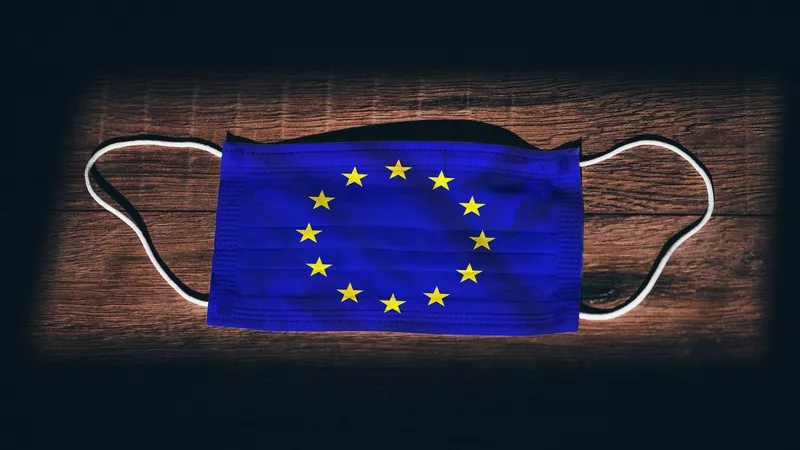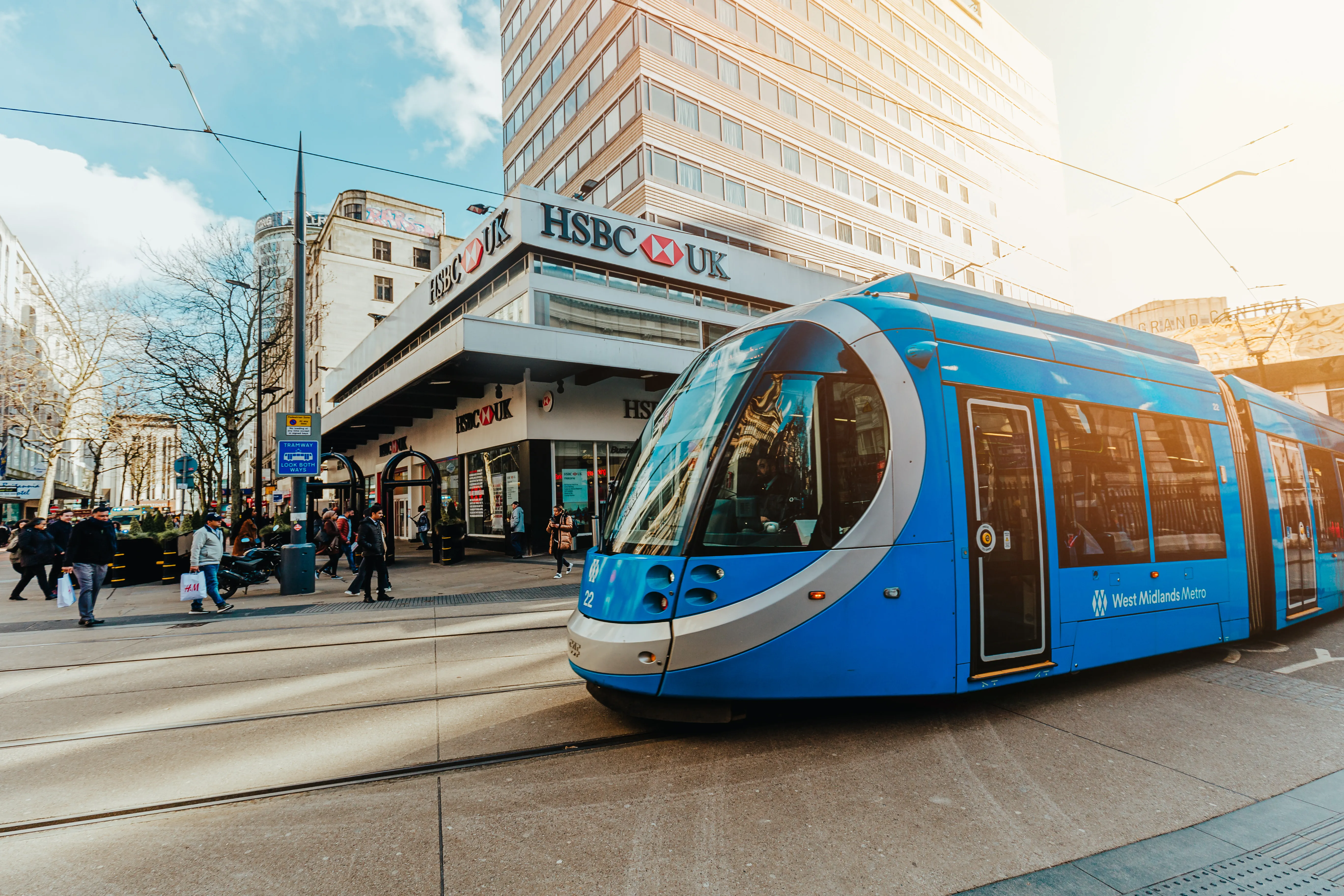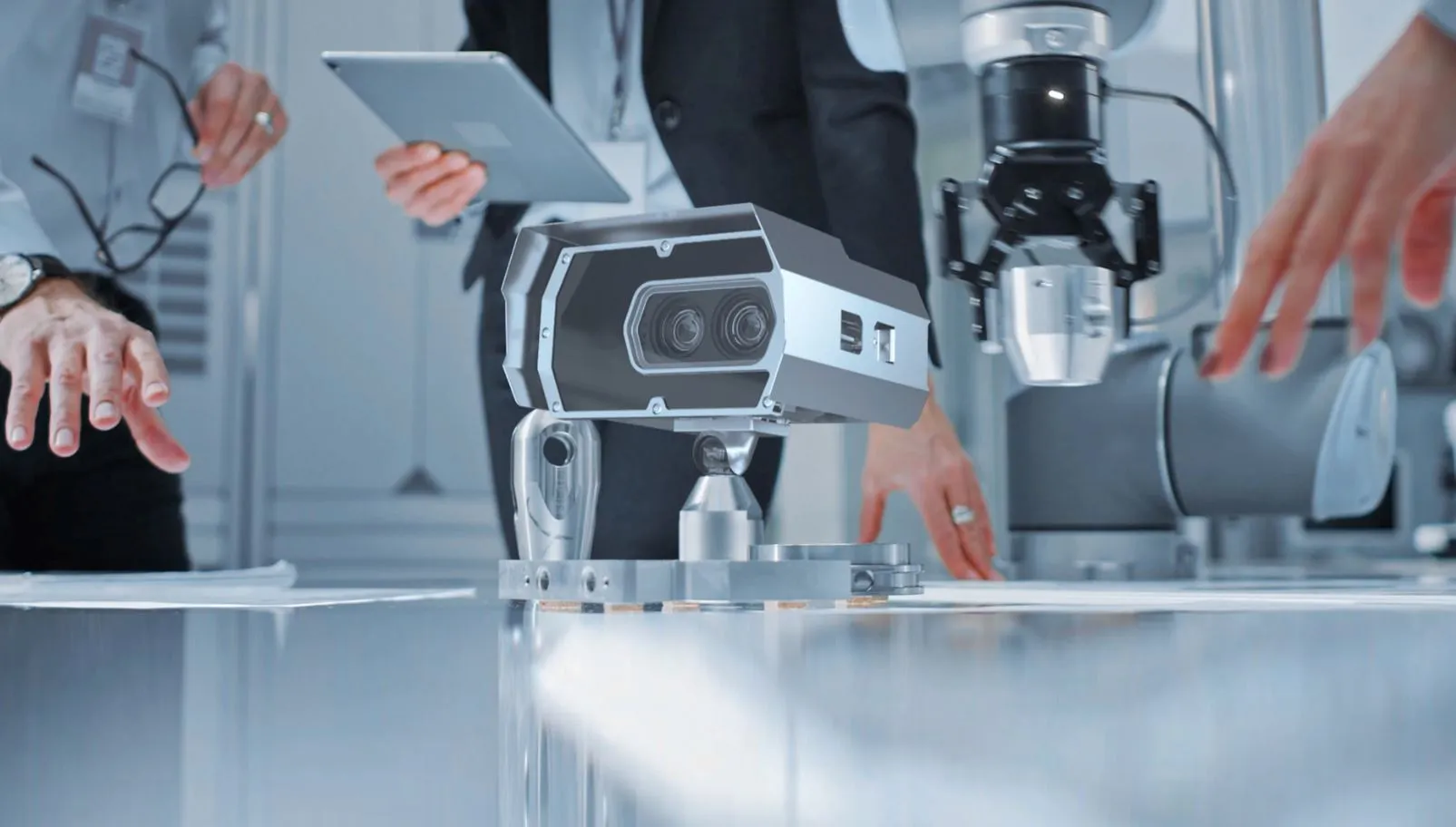
Face masks, social distancing, contactless payment and facilities to isolate people at transport hubs are among the main recommendations from the European Commission (EC) when it comes to getting public transport moving.
Covid-19: Guidelines on the progressive restoration of transport services and connectivity also says: "At least during the initial relaxation of restrictions, the number of passengers may need to be reduced on vehicles in certain transport modes."
Passengers should be made aware of cleaning stations and social distancing guidelines, but also "should wear face masks in transport hubs and vehicles used for collective transport, especially where physical distancing measures cannot be fully observed at all times".
The EC also wants to eliminate cash payments where transit operators are able: "As far as possible, a contactless environment should be favoured."
Perhaps its most striking call is for isolation to be taken seriously by transport agencies - although it is not clear how this would be enforced.
“Facilities should be provided and protocols implemented at transport hubs to immediately isolate persons with suspected Covid-19 infections until further appropriate measures can be taken,” the document insists.
“For this purpose, designated safe areas should be set up and dedicated, trained staff with adequate protective equipment should be ensured."
It also suggests that medical capacity should be boosted: "Existing medical facilities and medical staff...should be reinforced to deal with increasing traffic volumes as restrictions are lifted.”
Meanwhile, the EC urges shared mobility companies to take various anti-infection measures, including car-share vehicles disinfected at least once on every day of use, "increased disinfection" of shared bicycles, while e-scooters and e-bikes must be cleaned "at least with each battery change".
When it comes to increasing active mobility, it notes the measures that many European cities have taken to help pedestrians and cyclists.
"Urban areas could consider temporary enlargements of pavements and increased space on the road for active mobility options to facilitate the needs of the population to move in a safe and efficient way, while reducing speed limits of vehicles in increased active mobility areas," the document points out.
Finally, it emphasises the importance of learning from one another as lockdowns are lifted and transport acvitity increases.
“Sharing of best practices, ideas and innovations for safe mobility in urban and suburban areas during the Covid-19 outbreak has started through dedicated platforms and networks, and it is key to further develop such cooperation and knowledge sharing,” the EC concludes.









